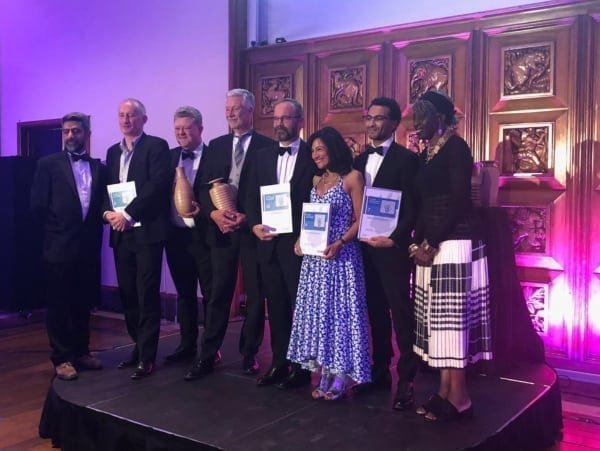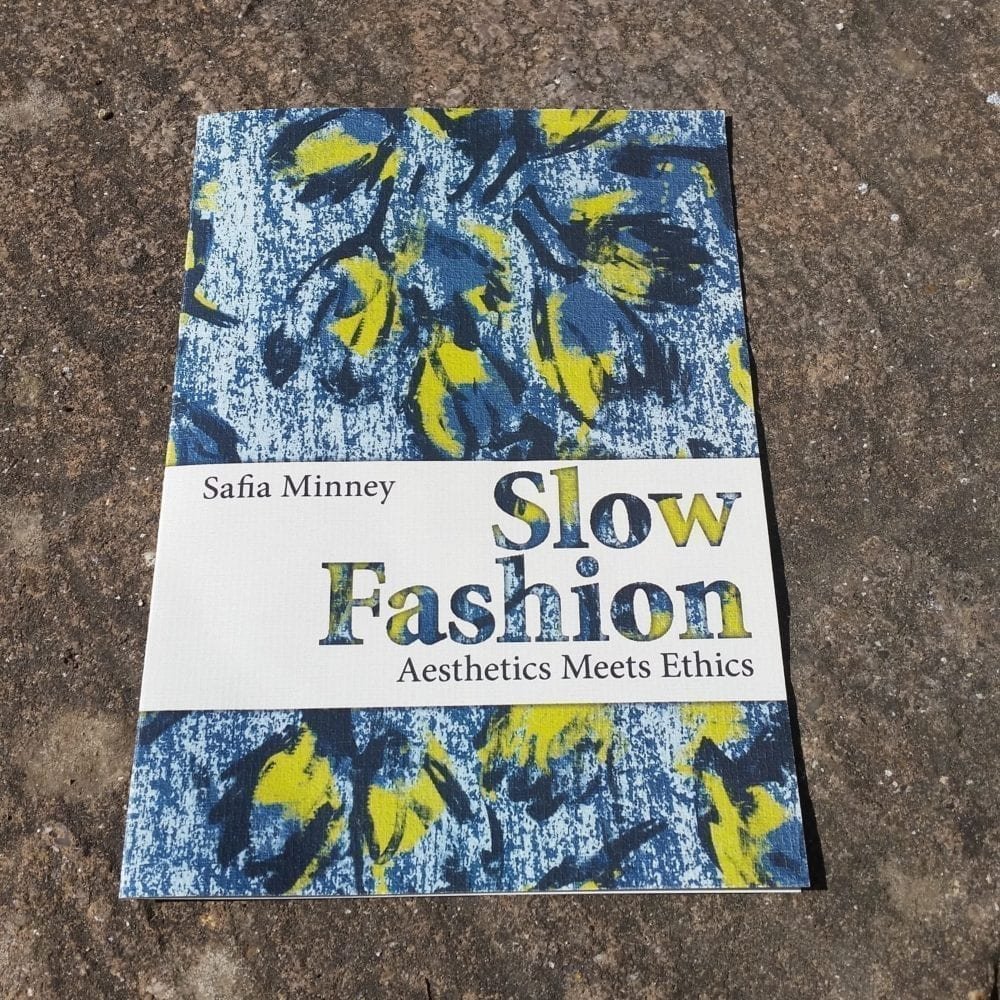REGENERATIVE FASHION
Safia’s new book, Regenerative Fashion, will be available online and from all good book shops from the end of November. Part guide and part manifesto, this book shares stories of our interconnectedness with the natural world and each other. It is divided into sections on Nature & Materials, People, Livelihoods & Crafts and New Economy & Leadership.
Fossil fuels in fashion
Responsible businesses and financial institutions must work together and lobby government to rapidly transition away from fossil fuels.
The fashion industry is heavily reliant on fossil fuels; synthetic materials account for two-thirds of all materials and the pesticides, dyes, fabric finishes, packaging, distribution and energy used to power the mills, plants and factories require fossil fuels, too.
There are low-impact ways to produce materials that have a high social impact and support regenerative farming and craft production.
To help slow fashion down, we will need to buy mostly secondhand while also opting to rent and repair clothes.
We must reduce what we buy new by 75% and redesign the fashion industry so it, too, operates within the planet’s boundaries.
Many leaders in the fashion industry are keen to share best practice, so earlier this year we launched a bottom-up, global movement called Fashion Declares, which now has over 700 signatories.
It’s time to act
Life is hanging by a thread, and Earth cannot sustain anything other than regenerative business. The rest will be choked off by laws, regulations and taxes; customers and employees will choose to walk, and finance and insurance will become expensive due to supply chain and reputational risk.
Last year our former Prince Charles – our new King – called on world powers ‘to engage in a war-like footing to tackle the climate crisis, with a military-style campaign…and to move the private sector into action on environmental issues’.
Business is ready, finance is catching up and government needs to embrace new economics.
We must act take action now, by transitioning rapidly from fossil fuels, building new models of consumption and production and regenerative economies.
For this to happen, we must recognise that women must be equally represented in leadership, as they are natural system-thinkers.
 Play Video about This Rock Might Just Save The World
Play Video about This Rock Might Just Save The World Play Video about Play 2 hours of rock
Play Video about Play 2 hours of rock Play Video about Play 2 hours of brook
Play Video about Play 2 hours of brook Play Video about Play 2 hours of sheep
Play Video about Play 2 hours of sheep















































